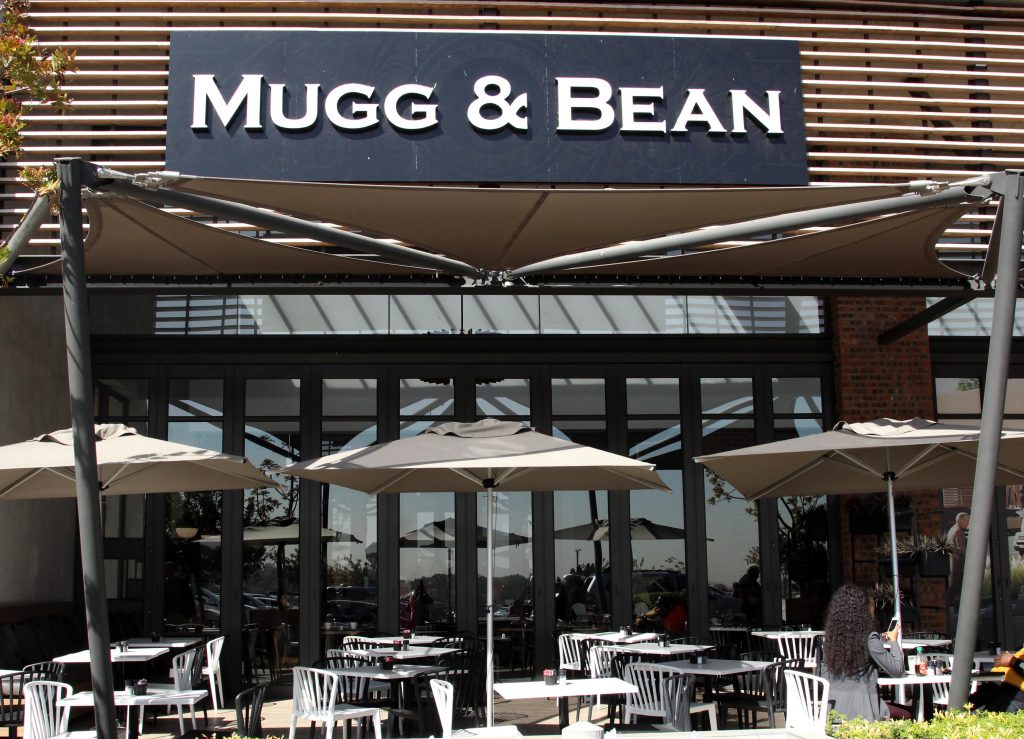Famous Brands reports stellar results

Famous Brands, Africa’s leading quick-service and casual dining restaurant franchisor, posted its financial results for the year ended February 28, 2022. It boasts an extensive list of well-known brands such as Steers, Debonairs, Fishaways, Wimpy and many more.
The company stated that its recovery coming out of the tough trading environment in 2020 and 2021 “was slowed by continued Covid-19 trading restrictions, weak economic conditions in all markets, and to a lesser extent, the civil unrest experienced in South Africa in July 2021”. Despite this, it still managed to grow revenues to R6.5 billion, up by 38% from the prior year but only just getting back in line with 2020 revenue.
The major releases were the operating profit and headline earnings per share (EPS) which increased by 428% and 568% respectively. This is predominantly due to the low base the company was coming off from its 2021 financial year-end as its operating profit and headline EPS are still down 31% and 24% as compared to 2020 respectively.
In the United Kingdom market, “the industry is facing challenges due to significant utility price increases, rising food inflation, supply chain disruptions, fuel cost increases and poor labour availability,” Famous Brands said. Whilst in South Africa, the group stated that it is seeing significant pricing pressure from beef, green coffee beans, milk, whey powders, as well as oil and spices.
Given that the current conditions (highlighted by elevated food inflation) are likely to continue and even worsen, the company’s bottom lines could start being affected. Thus, Famous Brands will undoubtedly need to navigate this market with care.
Currently, as at May 31 2022, our friends at New Age Alpha New York have provided us with a Human Factor Score of 48%, which indicates that Famous Brands have a 48% probability of NOT being able to deliver on the growth implied in its share price (or if we turn this probability around a 52% chance of delivering the growth implied by its share price).
Given the current tough operating environment for Famous Brands in both the United Kingdom and Southern Africa, combined with the average Human Factor Score given above, one could argue that caution should be taken when considering them for investment.
Avoiding the Human Factor
The Human Factor (H-Factor) is an actuarially based portfolio tool, developed by New York-based asset managers New Age Alpha, aimed at mitigating the risk of human behaviour in stock picking.
The H-Factor does not seek to generate returns by applying traditional methods such as the common smart beta and factor exposure funds we have all come to know. Instead, the H-Factor quantifies and avoids the risk of human biases in stock picking.
New Age Alpha’s Human Factor tool which is free to use scores over 6 000 shares globally including many JSE listed shares.
The probability used the only two things we know for sure about a listed company: the current share price and the profitability of a company as reported on the published financial results. From these two data inputs, we can calculate the probability of the company being able to produce the results implied in the share price based on whether the company has done this in the past 16 reporting periods.
Simply put, the lower the Human Factor Score a listed share has the lower the risk in holding that share.
Using a probability-based approach to portfolio management
Using a probability-based approach to stock selection, we identify and avoid the risks present when share investors interpret vague and ambiguous information inherent in share prices in a systematically incorrect way.
The Human Factor Score measures the probability of the listed company generating the growth implied in its current share price.
We at Global & Local Asset Management use the “Avoid the Human Factor” strategy to manage our collective investment scheme portfolios. The strategy focuses on managing portfolios like an actuary and not a portfolio manager.
The strategy comprises developing probabilities which indicate the chance of a listed company NOT being able to achieve the growth implied by its current share price.
The approach taken by Global & Local Asset Management is not to manage portfolios like a portfolio manager but rather to adopt actuarial techniques for asset management.
If you would like to know more about how the Human-Factor score tool works and how we “Avoid the Losers”, then please contact us at Global & Local Asset Management.

